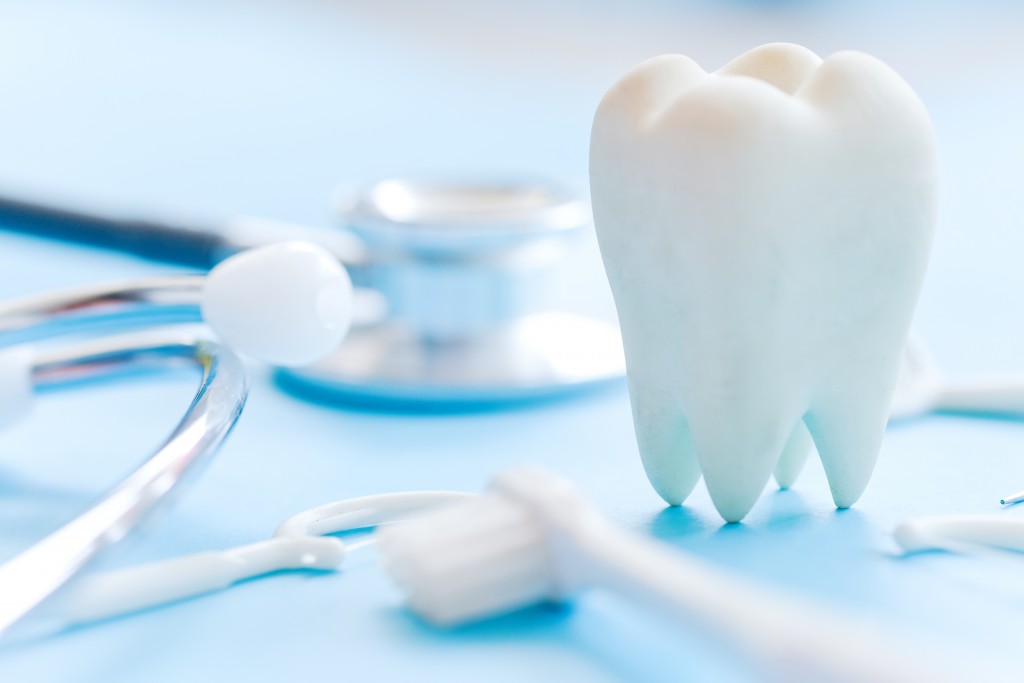One look into your mouth and a doctor can tell a lot of things about your health and hygiene. A swab of your saliva will tell doctors all they need to know about what’s going on inside your body. Your mouth teems of mostly harmless bacteria, but they can be triggered by bad oral hygiene and lifestyle. The mouth is the entry point of bacteria into your digestive system and respiratory tracts. So, when bacteria enter the mouth and down into your respiratory and digestive systems, it can create a lot of problems.
Good oral and dental hygiene helps prevent tooth decay, gum disease, and bad breath. Some of these problems may even require you to undergo oral surgery. Although generally successful, you should do all you can to avoid having to go under the knife. But more than these oral problems, gum disease may lead to serious medical complications such as heart attack, stroke, preterm labor, and diabetes.
Direct Link to Medical Conditions
By following a good routine of brushing your teeth and flossing, you will prevent plenty of health problems. Do you know that your mouth is the window to your overall health? Many systematic diseases—a disease that affects your entire body and not just a particular part—have symptoms related to the mouth. AIDS and diabetes are two examples of systematic diseases with oral symptoms. One of the early signs of AIDS, for example, is painful mucosal lesions.
People with diabetes, HIV/AIDS, osteoporosis, and Alzheimer’s disease must take care of their teeth and gums most especially because these certain conditions affect one’s oral health. Gum diseases are more frequent with people with diabetes while osteoporosis is linked to periodontal bone loss and tooth loss. Alzheimer’s disease, on the other hand, can worsen oral problems.
Other conditions that are linked to oral health are rheumatoid arthritis, cancers, Sjogren’s syndrome, and eating disorders. If you are suffering from any of these health problems, you should put a special emphasis on how you take care of your teeth and gums. You need to develop good oral hygiene that you religiously follow every day.
Medications Connected to Oral Health
But it’s not just health problems that you should be concerned about. If you are taking medications, these could also impact your oral health. Certain medications such as decongestants, painkillers, antidepressants, antihistamines, and diuretics reduce saliva flow. The problem is that saliva acts as the neutralizer of acids in your mouth. It creates a barrier between the acids produced by the bacteria in your mouth and your overall health. When there is reduced saliva flow, you are more susceptible to oral health problems and therefore, to diseases that affect your cardiovascular, respiratory, and digestive systems.
Know What’s Going on in Your Mouth
You don’t often think much about your oral health. For you, brushing and flossing are enough to take care of your teeth and gums. But there’s a lot of at stake here, so you have to know what oral health problems you’re looking at in the future. For one, you have to be aware of your family’s medical history. These problems can be passed on from one generation to another.
For example, some people have an increased risk of gum diseases and others tend to get cavities. The more you know about your medical history, the better you can take care of yourself and your family. It’s always a good idea to visit your dentist at least once a year for preventive measures. The earlier problems are detected, the better chances you have of not getting these diseases.
Develop a Good Oral Hygiene
Good dental hygiene starts from when you’re young. If your parents taught you the importance of keeping your teeth and gums healthy, you don’t have a problem developing a good routine when you grow up. But now that you are an adult, it’s worth looking deeper into your routine. Could you be doing something that stresses out your teeth and gums? Too much brushing and flossing are bad, too. Talk to your dentists if you have questions about your regimen.
Brush and Floss the Right Way

Yes, there’s such a thing as brushing and flossing the right way. At a minimum, you should brush your teeth two times a day and floss it once a day. You can increase it to brushing every after you take a meal and flossing twice a day. You should also use the right toothpaste. Meaning, it has to have fluoride in it. If you’re allergic to fluoride, ask your dentist what’s the best alternative to it.
Don’t just mindlessly brush your teeth, too. Your front teeth shouldn’t be your only concern. Make sure you’re getting to your morals inside your mouth. There’s a proper way of brushing your teeth. You should follow these pointers.
Taking care of your oral health isn’t complicated, but it takes a lot of discipline. Since dental problems are one of the most expensive procedures to address, you might want to keep that in mind whenever you feel lazy to brush or floss. By keeping your teeth and gums healthy, you would prevent a lot of problems associated with it.






